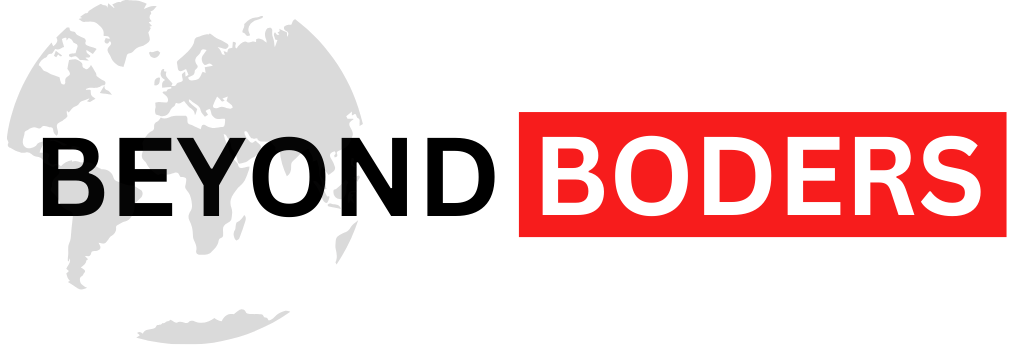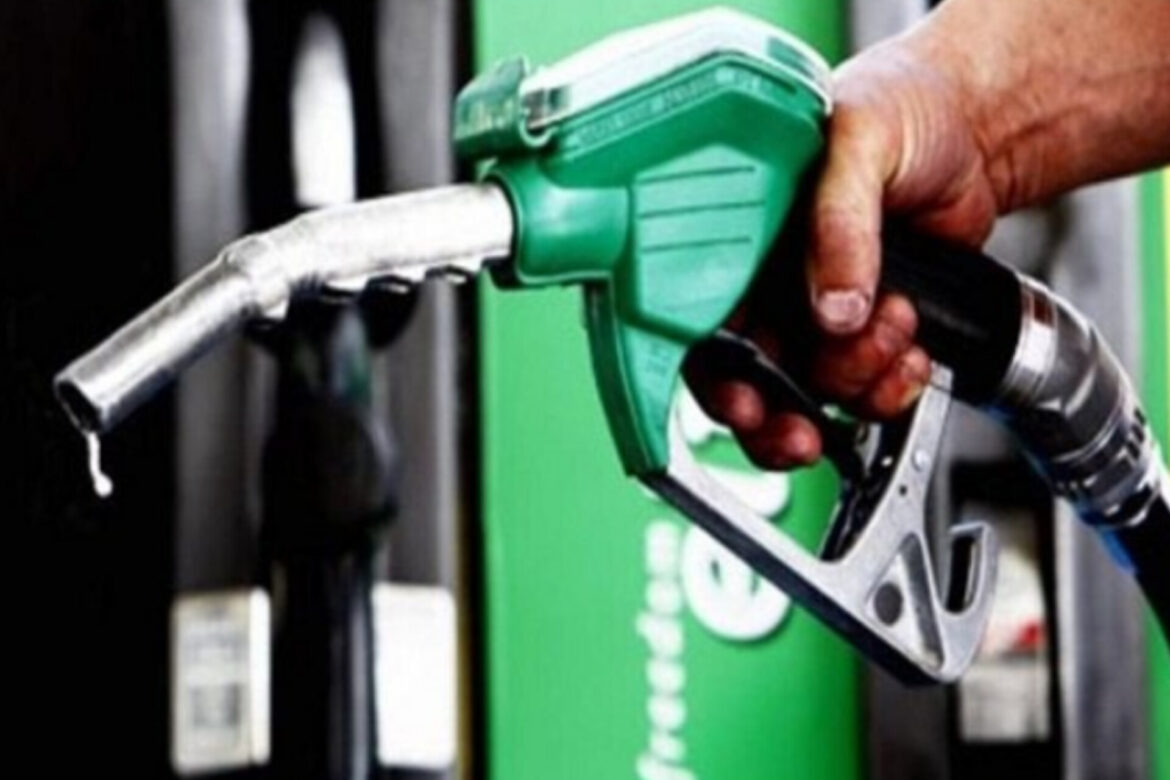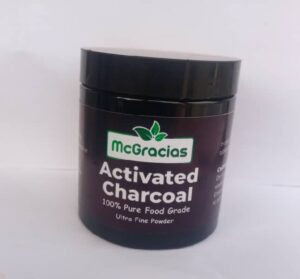The Nigerian National Petroleum Company Limited (NNPCL) has once again raised the price of petrol, also known as Premium Motor Spirit (PMS), to N1,025 per litre at its Lagos stations.
This increase comes just three weeks after the price was adjusted from N855 to N998.
Although no official statement has been released by NNPCL, reports from different stations confirm that the price change has already been applied.
At an NNPCL station along Acme Road in Ikeja, newsmen noted that sales stopped abruptly, with the pump price display covered. Meanwhile, another station along Lagos-Abeokuta Expressway updated its price from N998 to N1,025.
The new fuel pricing is part of the full deregulation in the market, meaning prices are now driven by supply and demand.
Following NNPCL’s increase, other major fuel marketers in Lagos, such as Mobil and Bovas, have also raised their prices, with some reaching over N1,070 per litre.
In a recent meeting with President Bola Ahmed Tinubu, Aliko Dangote, President of the Dangote Group, estimated Nigeria’s daily petrol use at about 30 million litres and assured that his refinery could meet this demand.
He called on NNPCL and other marketers to prioritize domestic production and reduce reliance on imports. “We are very ready, we are more than ready and I am also putting my name on the line that we will be able to supply the market 30 million per day and we are ramping up, so we are ready.”
However, the Nigerian Midstream and Downstream Petroleum Regulatory Authority (NMDPRA) noted that Nigeria’s actual consumption is around 45-50 million litres per day. With the increase in market activities during the year-end holidays, this demand is expected to rise.
The meeting at the Presidential Villa also included key government and oil industry figures, discussing the new approach to fuel pricing and a shift towards local currency sales.




